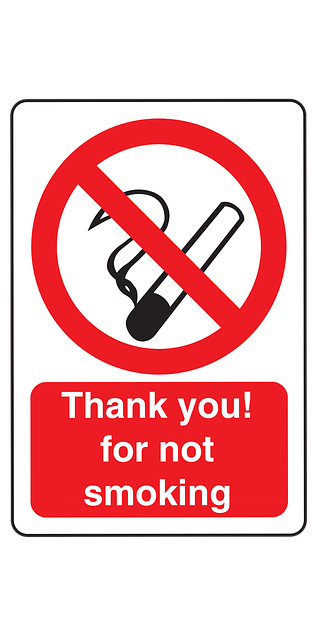1. You mustn´t smoke / No debes fumar
María está muy ocupada con el ensayo de su función y sus clases de baile. Sus clases de baile las da en un instituto de Londres en el que también imparten clases de educación secundaria. El alumnado del ciclo de danza tiene que cumplir las mismas normas que el resto de los alumnos. Al parecer algunos de los alumnos no están cumpliendo las normas y el director está algo enfadado. María y sus compañeros han recibido una carta del director del instituto en el que se recuerdan algunas de las normas. Échale un vistazo a la carta.
|
Dear students, I send this letter to you to remind you some important rules you must follow in the High School. Some of you seem1 to have forgotten all of them. I preferred advising you first but if your behaviour2 doesn´t change, I will take some other measures3. You must4 all follow these rules:
I hope that you all understand this letter and from now on comply with the rules listed above. Vocabulary: (1) Seem: parece (2) Behaviour: comportamiento (3) Measures: medidas (4) Must: deber (5) Can: Poder |

Imagen en Pixabay de InspiredImages de Dominio Público |
AV - Pregunta Verdadero-Falso
Bueno, no parece muy contento el señor director.....veamos si has entendido lo que dice su carta. Contesta TRUE o FALSE.
Retroalimentación
Verdadero
El director dice que algunos parece que se han olvidado de las normas, con lo que implica que se han portado mal
Retroalimentación
Verdadero
Porque al indicar que no se puede fumar, hace hincapié en el cuarto de baño, con lo que implica que algún alumno habrá fumado
Retroalimentación
Falso
Está prohibido
Retroalimentación
Falso
Está prohibido correr por los pasillos
En primer lugar vamos a ver por qué son diferentes a los demás verbos y qué características tienen:
1.No añade -s en la tercera persona
2.No se pueden conjugar en todos los tiempos que hemos aprendido (en concreto, no pueden ir en tiempos continuos, por ejemplo.)
3.Siempre van seguidos de otro verbo en infinitivo sin "to".
4.Nunca pueden ir seguidos de un gerundio (verbo+ing)
5.No utilizan DO/DOES para formar el negativo e interrogativo.
| Afirmativa | Negativa | Interrogativa | Afirmativa | Negativa | Interrogativa |
|
I can play the guitar She can dance |
I can´t play the piano She can´t dance |
Can I play the piano? Can she dance? |
You must study he must pay |
You mustn´t study he mustn´t pay |
Do you have to study? Does he have to pay?*
|
* El verbo must no tiene forma interrogativa así que en su lugar utilizamos el verbo have to
¿Empezamos a practicar los verbos modales?
Actividad
| IMPORTANTE | MODAL VERBS |
MODAL VERB: MUST/ HAVE TO |
|
- Los verbos modales van seguidos de un verbo en infinitivo sin "to" (she can to dance, es incorrecto). - Los verbos modales no cambian en la 3ª persona del singular ( she cans dance, es incorrecto). - Los verbos modales no necesitan un verbo auxiliar para negar o preguntar (Does she can dance?, es incorrecto) |
|
Actividad de Lectura
1.Encuentra los errores en estas frases:
a) He doesn´t must go to the doctor
b) He cans run very fast
c) You must working tomorrow
d) You must to clean your bedroom